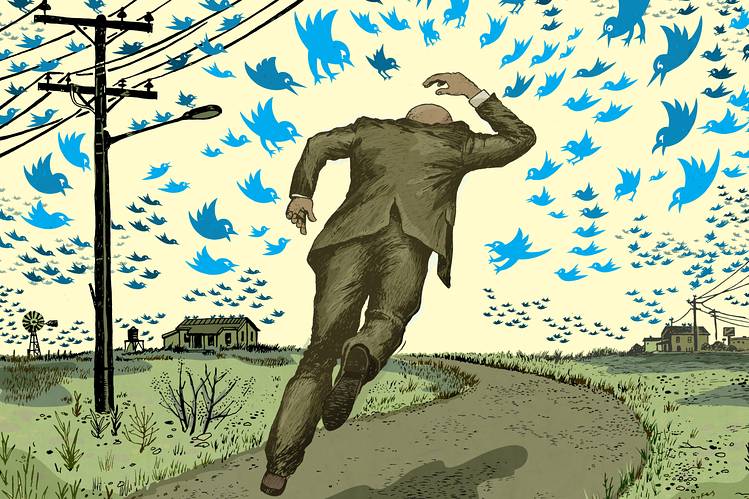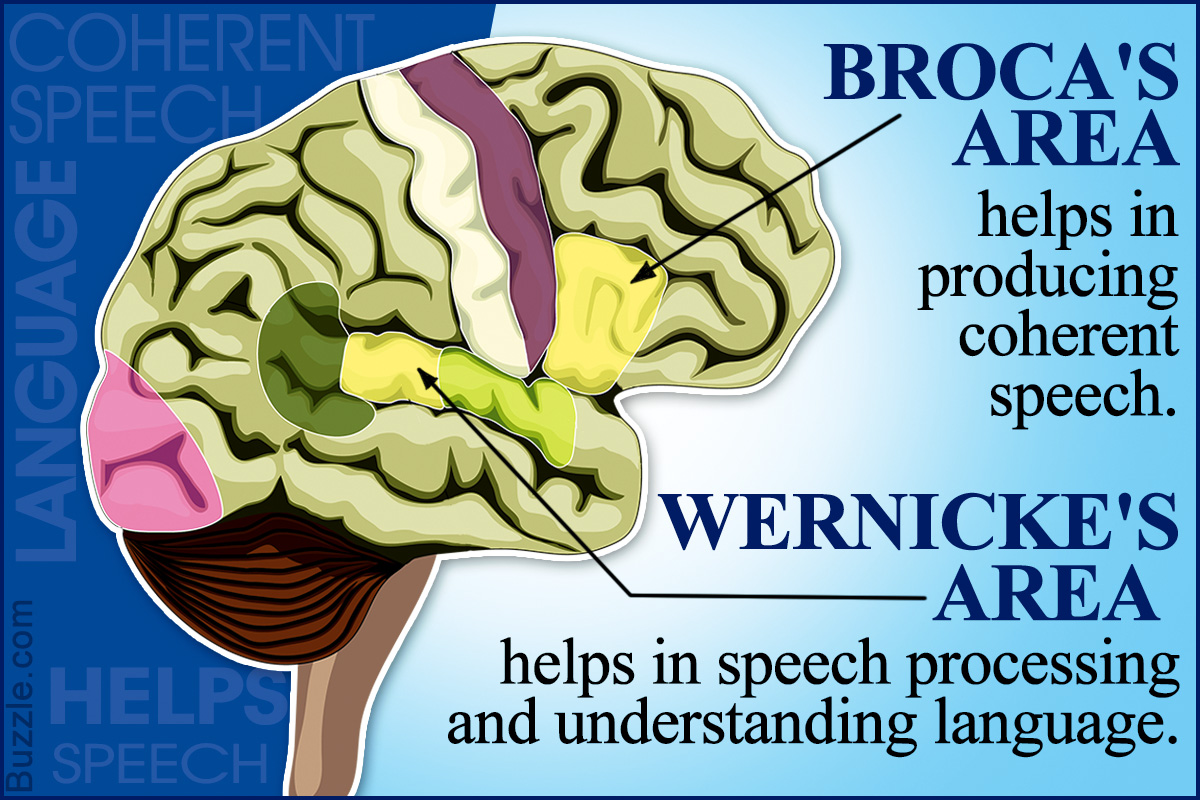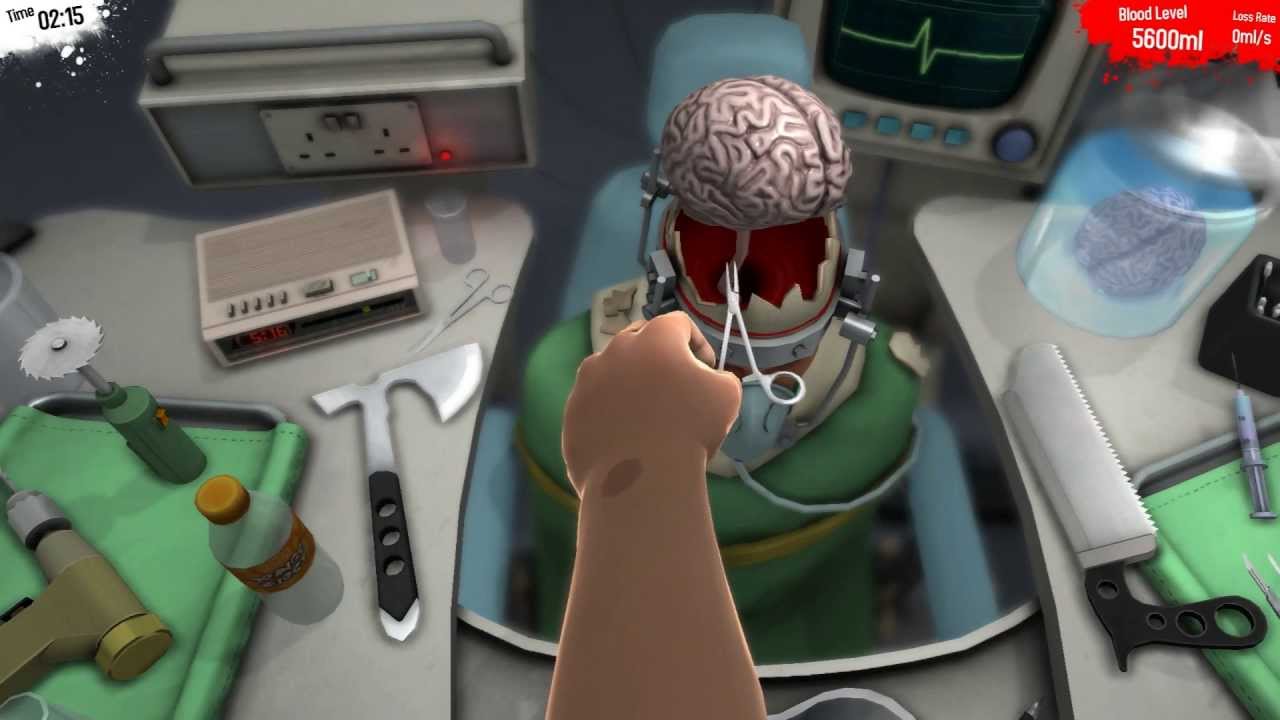
This is an editorial piece. The views and opinions expressed in this article are those of the author and do not necessarily represent the views and opinions of, and should not be attributed to, Niche Gamer as an organization.
A few weeks ago while streaming PUBG on Twitch, Deadmau5 believed he got stream sniped and in a moment of frustration yelled out that he got stream sniped by a “stream sniper fag.” Following the outburst his Twitch account was suspended and various news websites and tabloids ran with the story. This naturally led to the topic being discussed widely on Twitter.
In one well reasoned instance of opinion (one that he sadly eventually walked back), game journalist Rod Breslau remarked that Deadmau5 shouldn’t be calling people “fags” in games, but that he also shouldn’t have been banned from Twitch given the contextual intent of the situation.
In my own personal opinion shared online, I agreed with Breslau’s original statement. The gist of my argument was that Deadmau5 shouldn’t be outright banned. My logic being that words are a fickle thing. In moments of anger the worst ones typically come to mind. There’s a reason why if you hit your thumb with a hammer you may yell “fuck” in frustration. When words are used in anger they are quite literally a volatile expression of rage.
So when a person yells a slur in anger, it’s important to question the context, or as I said in one Tweet: “It’s easy to mock the phrase “heated gaming moment,” but that is what it is. Words, especially “naughty” ones, are the ultimate conveyance of anger. Our brain screams out so called curse words as a form of expressing frustration. Again, it’s why we swear if we hurt ourselves.”
Naturally, Rod’s and my viewpoints weren’t well received by a certain sect of the Twitter-sphere.

One of the people to take issue was the Daily Dot’s Ana Valens. In one Tweet aimed at Rod she said: “Tbh if you say “fag” in a derogatory way you totally should be banned from Twitch, full stop. There’s no room for that hatred against queer people like myself.”
So what is the truth about heated gaming moments. Is there validity to the idea that words used in anger aren’t the same as words used in a thoughtful manner?
Well, yes.
The best explanation of this process comes from Benjamin Bergen’s book What the F: What Swearing Reveals About Our Language, Our Brains, and Ourselves. Bergen is a professor of cognitive science at the University of California, San Diego. So it’s safe to say that he knows what the f… he is talking about.

In the fourth chapter he goes on to discuss Jacques Lordat, a neuroscientist from the 18th/19th century who at the age of 53 suffered a stroke. The resulting trauma left him with an inability to speak. Luckily for him, modern cognitive science, and even I, who will now use his findings to write a kickass article, he was still able to think to full capacity even as he was unable to talk. As he slowly recovered and regained the ability to write, and later once again speak, he then focused his studies on people like him who had suffered strokes that caused language-compromising brain damage. Damage as it is known by its medical terminology, aphasia.
Aphasia often results due to dementia, stroke, or brain damages of other types. The condition makes it “difficult or impossible to intentionally articulate and string together words.” However, some spontaneous language is still preserved. A preservation that includes swear words and slurs. The reason for this is because those words are stored somewhere else in the brain. At least, and this is important, when they are maintained for emotional usage.
As explained in Ray Kurzweil’s book How To Create A Mind, the language structure of the brain is very hierarchical. Unlike a lot of other species, humans have evolved to make heavy use if this hierarchy. It’s one reason we have a large neocortex within our skulls.

When it comes to how we make use of language, and our understanding of it, we rely on different language centers within the brain. One of these areas for example is the Wernicke area. If someone has a stroke and aphasia affects it, a person will struggle to understand the words they see and hear.
However, even in people who have had debilitating strokes that have disrupted the language center of the brain, as already mentioned above, they can sometimes utter seemingly random words, and that includes swear words and slurs.
This is because in another portion of the brain, separated from the language producing areas, is the Basal Ganglia. The Basal Ganglia resides under the cerebral cortex and is more closely aligned to the emotion centers of the brain. As Bergens explains in his book it is “tightly interconnected with brain structures that process emotions like the anterior cingulate, the hippocampus, and the amygdala. These ancient brain structures appear to play a role in generating emotional states that create motor impulses.”

One well known brain condition that affects the Basal Ganglia is a symptom of Tourette’s Syndrome called Coprolalia. Which manifests itself by having the person living with it uncontrollably utter curse words and slurs.
As Benjamin Bergin succinctly puts it in his book: “Automatic swearing is localized differently from other types of language, and as a result it behaves differently when the system is stressed or damaged”.
I put this all into words because it’s important to understand how language works. Especially as it pertains to when it’s emotionally charged. Whether it be fear, rage, sadness, enthusiastic celebration, or whatever other feeling your mind is flooded with, there’s a reason we express certain words when our brains are emotional. Spill a glass of milk and you may shout “shit!” Take the game winning shot in a game of basketball and you may scream “fuck yeah!” Almost get into an automobile accident and you could scream “oh my fucking God” as the vehicle that almost hit you head-on barrels past. Or feel as if you got cheated and you may call someone a slur out of anger.

For the latter, given it’s coming from a place of frustration and not a well thought out attack against a person, it’s necessary to distinguish it from someone who may use that same slur in a purposefully derogatory way. There’s a difference between being killed in a game and calling someone a “faggot” in anger, and seeing me, a gay person, and in a moment of pure bigotry randomly screaming “faggot” at me.
It’s the same word, used negatively in both instances, but one comes from a place of anger, while the other comes from a place of bigotry. That’s not to argue that “faggot” used during anger is acceptable. Let’s not beat around the bush, people should limit their usage of slurs when driven by anger, but one example above is still notably more hateful due to it coming from a bigoted mindset.
Which again, is a big difference.
To circle back to heated gaming moments. A reason for irrational outbursts of rage is explained by Bergen as such: “If analogous circuitry is indeed responsible for reflexive human swearing, then it provides privileged access to emotion in the brain, laying bare a speaker’s covert internal experiences unmediated by rational and deliberate planning.”
Meaning, reflexive swearing and slur calling is emotionally driven and not planned or rationale given where it flares up in the brain.
A simple fact of language is that it is all about context. No word is inherently bad on its own as even the ones society has deemed the worst can still be used in alternative ways. The n-word is a strong example of this. One of my best friends in high school was a black kid from Ghana, and he and the other people of color in our group would call each other the n-word as a term of endearment. They reclaimed a slur and changed the meaning within their own contextual usage.
Similarly, words we typically don’t think of as offensive can be used as such in the right circumstances. If I mockingly call someone suffering from Epidermodysplasia verruciformis a “tree,” they could get rightfully angry. But “tree” isn’t a bad word, I just used it in a context that makes me an asshole.

The problem is, most people these days process everything through an emotional filter. There’s very little rational thought in the reactionary abyss that is social media (an abyss that has seemingly claimed modern journalism as its own). It’s easy to ask for words to be blanket banned. It’s easy to say that if you utter a certain word you should be banned “full stop.” It’s easy to ignore context and rely on emotional reaction to guide oneself, but easy isn’t what’s right.
Human beings are supposed to be an intelligent species. Yet sadly, more people are reverting away from the logical thinking that should be propelling us towards the future. In doing so they are damaging the one thing that has made all of our progress possible.
The most important tool in humanity’s toolkit is language. From the era of simple guttural sounds, to the dawn of cuneiform, and even up through today where we write in 1s and 0s, language has served us better than any other facet of human creation. Without it, the lessons from history would be lost, and knowledge would wither and die.

Tragically, many people from a certain sect of online hive-mindedness are going to read this and instantly argue about how preventing slurs and swearing isn’t hurting language. The rationale will be that they’re bad words, and naughty words have no place in a civilized society, and that using such words is un-inclusive and will only hurt those that hear it.
They’re wrong.
In the eloquent words of Lars Von Trier: “Every word removed from the language is another brick removed from the wall of democracy.”
The key to understanding language is context. Without it we lose our ability to fully understand and assess a given phrase or idea, making it all that more alarming that society is beginning to weld shut the door behind which meaning is hidden.
Each week there are calls to ban an ever increasing list of words, and to harshly punish those that use the ‘wrong’ ones as more and more of them are labeled offensive, but words only have as much power as we give them. Learning to distinguish the meaning upon which a word is used is a skill we should all possess. A skill that also includes understanding the contextual emotion behind a word.
The solution to offensive words is not to limit our implementation of language, but to learn how to judge its various uses. Criticize those that use words in an objectionable manner, but don’t object to a specific word itself. People must also learn to PROPERLY determine what is hateful and what is not.

In the case of Deadmau5, he wasn’t expressing bigoted hate speech and thus his account shouldn’t have been suspended; I argue he should have been reprimanded in some smaller way. Not because he is a hateful bigot, because he’s not, but because society can’t allow stupid anger to go on unpunished. If someone you know has anger issues and punches a wall, you’re not just going to accept that as a norm and allow it to continue unbridled, especially in public. No, you’ll talk to them about it, or have them seek anger management. That’s not to say Deadmau5 should go to anger management, but a small reprimanding could motivate him to not let emotion take over every time he faces cheating inside a game, and we must give people the opportunity to learn and improve.
Emotional maturity doesn’t form overnight, and we are a society that is already emotionally stunted; a stunting that is aided along by those that absolutely refuse to look at the world through a lens of rationality. People need to learn to look beyond the words they see and hear and better judge the reasoning behind their use.
Anything else is ignorant and unscientific.